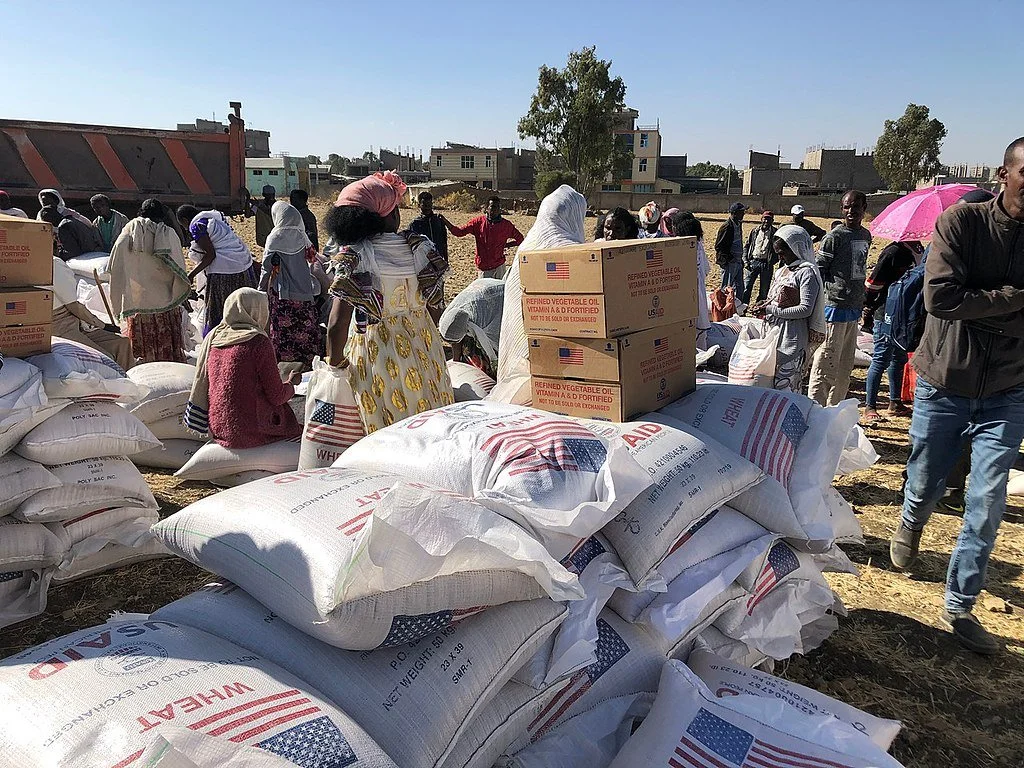Op-Eds
Grace Klopp proposes a 2025 Space Guardrails Initiative that would reaffirm existing space treaties while establishing reciprocal verification and transparency measures.
This article examines the adverse consequences of recent U.S. cuts to global health funding, with a particular impact on maternal and child health programs in Africa. She highlights successful initiatives, like Niger's reduction in maternal mortality, and argues that such funding is crucial for both humanitarian and national security objectives.
Eleonora Lucia Cammarano examines the geopolitical and energy implications of Mali, Niger, and Burkina Faso's withdrawal from the Economic Community of West African States (ECOWAS). The piece highlights how these countries' alignment with Russia, including exclusive uranium mining agreements, could jeopardize Europe's nuclear energy supply and destabilize regional security.
This piece explains how one nation’s clash with a social media giant reveals the complex balance between digital rights and democratic governance. The author concludes that democratic nations must develop coordinated international frameworks protecting national sovereignty and digital rights, with host countries like the United States taking the lead responsibility.
Soumya Chaturvedi argues that the signing of the IMEC MoU at the G20 Summit aims to foster connectivity between India, the Middle East, and Europe, while strategically diversifying economic relations away from China's BRI influence.
Alex Cherry argues that developing countries seeking to limit growth in their GHG emissions while meeting their populations’ protein needs must invest heavily in changing consumer attitudes and revive the social value of neglected plant-based sources over animal protein.
Cultivating leaders who value fundamental human rights and dignity should be the teaching and practicing model at the Jackson School of Global Affairs and beyond, argues Rayhan Assat.
For prior op-eds, please visit the Archive.






